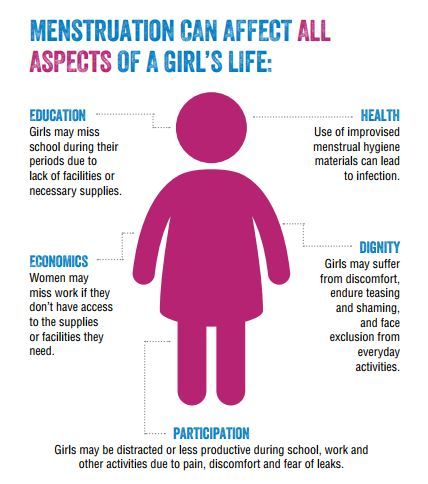Safe Sex Practices: Protecting Your Sexual Health
Sexual health is an important aspect of overall well-being. Engaging in sexual activity comes with certain risks, but practicing safe sex can greatly reduce the chances of acquiring sexually transmitted infections (STIs), unintended pregnancies, and other potential negative consequences. In this article, we will discuss the various safe sex practices that can help protect your sexual health.
Use Condoms Consistently
One of the most effective ways to prevent the transmission of STIs is by using condoms consistently and correctly. Condoms act as a barrier method, preventing direct genital contact and the exchange of bodily fluids. To ensure maximum protection, make sure to use a new condom for every act of vaginal, oral, or anal sex. Choose condoms made from latex or polyurethane, as they are more effective in preventing the transmission of STIs.
<img src=”condom.jpg” alt=”Condom” width=”500″ height=”300″>
Practice Mutual Monogamy
Being in a mutually monogamous relationship, where both partners are exclusively committed to each other, significantly reduces the risk of acquiring STIs. However, it is important to mention that both partners must get tested for STIs prior to engaging in sexual activity to ensure they are not already infected. It is crucial to have open and honest communication with your partner about sexual health and to make informed decisions together.
Get Regularly Tested
Regular testing for STIs is essential, especially if you have multiple sexual partners or engage in unprotected sex. Some STIs, such as chlamydia and gonorrhea, may not show any noticeable symptoms, making it imperative to undergo routine screenings. Getting tested regularly allows for early detection and treatment, preventing further complications and the potential spread of infections.
Consider PrEP for HIV Prevention
If you engage in sexual activity with a partner who is HIV positive or have multiple partners with unknown statuses, pre-exposure prophylaxis (PrEP) can significantly reduce the risk of acquiring HIV. PrEP is a medication that, when taken consistently, can block the virus from establishing itself in the body. However, it is important to consult with a healthcare professional to determine if PrEP is suitable for you and to follow the prescribed regimen.
<img src=”PrEP.jpg” alt=”PrEP” width=”500″ height=”300″>
Practice Oral Sex Safely
While intercourse isn’t the only form of sexual activity that carries risks, practicing safe oral sex is crucial as well. Using dental dams or latex barriers during oral-vaginal or oral-anal contact can reduce the transmission of STIs. Additionally, avoid brushing your teeth or using mouthwash immediately before engaging in oral sex, as it may cause small cuts or abrasions in the mouth, increasing the risk of transmission.
Be Mindful of Sex Toy Safety
Sex toys can greatly enhance sexual pleasure, but it is essential to use them safely. Ensure that any sex toy you use is made from body-safe materials and is easy to clean. Clean your sex toys thoroughly before and after each use using warm water and mild soap or a designated toy cleaner. Using a condom on a sex toy can provide an additional layer of protection, especially when sharing them with a partner.
Communicate and Get Consent
Consent is a vital aspect of safe and healthy sexual experiences. Before engaging in any sexual activity, have open and honest conversations with your partner to establish boundaries and obtain clear consent. Consent should be enthusiastic, ongoing, and informed. Remember to respect your partner’s boundaries and always prioritize their comfort and well-being.
Conclusion
Protecting your sexual health is of utmost importance to enjoy satisfying and worry-free sexual experiences. By practicing safe sex, including consistent condom use, mutual monogamy, regular testing, and considering additional protective measures such as PrEP, you can significantly reduce the risk of STIs and other potential negative consequences. Remember to engage in open and respectful communication with your partner, and always prioritize your sexual health and well-being.


